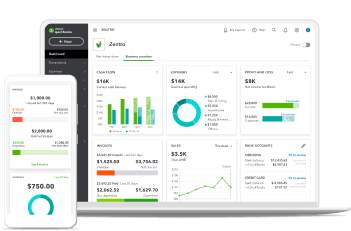Many small businesses work on tight margins. As a result, small business owners are always looking for ways to reduce their operating costs without sacrificing the quality of their offering or making the lives of their employees more difficult.
So, what are the best ways to reduce operating costs? Below are eight ideas that can help you reduce the operating costs for your business and enable you to generate more revenue and reduce overhead.



